Details of Research / Professional Experience :Research Work carried out:
During the Ph.D work, extensive studies were carried out on Radioclimatology over Southern India for Radiowave propagation and developed a monostatic SODAR with the help of NPL, New Delhi and studied the PBL characteristics and correlated with radio propagation and fading of the signals. A similar SODAR was installed by me in Antarctica during 1990-91.
After Ph.D, studies were conducted on Atmospheric sciences using Indian MST Radar especially on turbulence parameters and gravity waves and also on mobile and Radio communications. Extensive studies on “Digital Video Broadcasting” were carried out for two years in Nanyang Technological University, Singapore during 2012-2014.
Involved in developing researchactivities in the area of Atmospheric sciences by nurturing the UGC-SVU Centre for MST Radar applications, which is now recognized as a Major National Facility at SVUniversity and an Advanced Centre for Atmospheric Sciences by ISRO. An M.Tech program on “Space Technology” was carried out with the help of ISRO.
Many students are working jointly at SVU in collaboration with NARL. The state of the art “Meteor Radar” facility was established for the first time in the Indian Universities. A Lidar & HPC facilities were also augmented to strengthen the research activities.
Published more than 150 research publications and guided 41 students for Ph.D. Several research projects were completed and many are ongoing.
Through the UGC-SVU centre, facilities were extended to user scientists from different Universities across the country. Several workshops/ winter schools were conducted to promote atmospheric sciences research. NSSS-2012 was organized successfully and 104th Indian Science Congress organized during 3-7 January 2017, witnessed the organizational capability of me as an Organizing secretary.
Research Guidance and Supervision : Ph. D – 35 M.Phil – 06
Message from the Chairman, Board of Studies (PG) Physics:
Curriculum is a set of Courses, that can be offer by the Department. The curriculum is the course of deeds and experiences through which students grow to become mature to be successful in the society. In fact, curriculum is the sum of all the activities, experiences and learning opportunities for which an institution or a teacher who takes responsibility.
An educational institution that provokes learning and promotes all-around education and skill enhancement will produce brilliant students and responsible citizens. A good curriculum promotes good values, virtues, and an inquisitive atmosphere to study.
The idea of curriculum development is vast but when it comes to education, personality development for students is the priority of any educational institution. A strong personality is not the one who is accompanied by people who like him/her but a persona that is physically, emotionally, and mentally independent of their thoughts and practices.
The department of Physics is most well-organized, veteran and student friendly department. The Curriculum offered by the department is one of the oldest disciplines of science dealing with the development of a number of theories that attempt to explain various forces that exist in nature. Further, the genesis of most of the Engineering Disciplines is based on various principles and theories of Physics. Hence, the subject of physics, on one side deals with the development of fundamental theories towards revealing various processes and forces in nature and on the other hand, it seamlessly interfaces with almost all disciplines of engineering wherein outcome of the research in physics can be translated into useful technologies and products thereby immensely contributing to the wellbeing of mankind.
Objective of the Program:
The major objective of the programme is to bring out professionals having knowledge of basic laws of nature together with strong fundamentals in the core area of physics viz. Classical Mechanics, Quantum Mechanics, Condensed Matter Physics, Electromagnetism, Computational Physics, Statistical Physics, Spectroscopy, Photonics, Thin film Technology and Solar Energy Physics, Electronics, Atomic and Nuclear Physics and advanced level topics such as High Energy Physics, Nanotechnology, Nonlinear Optics, etc. Further objective of the program is to inculcate certain specific enabling skill sets to prepare the students to take up challenges in any one or more functional domains viz. (i) Academics; (ii) Basic and Applied Research; (iii) Research & Development; (iv) Engineering & Technology and (v) Industry.
Expected Graduate Attributes
- In depth understanding of the fundamental concepts of Physics.
- Ability to undertake problems in multidisciplinary domains of Science & Technology viz. Space Science, Medical Physics, Plasma Science, Quantum Technologies, Advanced Materials Science, Computational Techniques, etc.
- Ability to apply the acquired knowledge of Physics to Engineering Problems.
- Understanding of basic tools of computational physics and their application in various domains of Physics and Engineering.
- Ability to perform the experiments and analyse the experimental data based on acquired knowledge in the domains of electronics, atomic and nuclear physics, condensed matter physics, Solar, Thin films, Photonics, optics and Lasers, and other advanced topics.
- Ability to develop advanced functional materials and carry out their characterization.
- Ability to design, fabricate and characterize device structures such as sensors, solar cells, optical components, etc. for various applications.
- Ability to make effective oral and written technical communication.
- Appreciation and adherence to norms of professional ethics.
Learning Outcomes
- Knowledge and deep understanding of principles of basic and applied physics.
- Subject knowledge to pursue higher studies in the advanced physics areas, such as, High Energy Physics, Astrophysics, Quantum Information Processing, Nanotechnology, Plasma Technology, Nonlinear Optics, Fibre Optics, etc.
- Knowledge of fabrication and characterization of devices, such as, solar cells, gas sensor, energy storage, magnetic data storage, etc.
- Skills in certain experimental techniques for characterization of materials for their structural, morphological, surface topology, electrical, magnetic, dielectric and optical properties.
- Knowledge and skills to use various vacuum based techniques for development of thin film based materials, structures, and plasma devices and systems.
- Technical knowledge and skills to understand and appreciate interdisciplinary research topics.
- Skills in computational physics for wide range of applications ranging from the visualization of physical theories and process, design of functional materials, simulation and modelling of optical processes, etc.
- Written and Oral technical communication skills
Topic Structure:
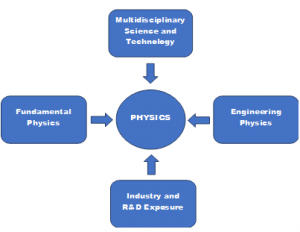
Members of the Board of Studies
|
SRI VENKATESWARA UNIVERSITY :: TIRUPATI
|
|
BOARD OF STUDIES IN PHYSICS (PG)
|
|
Date of Re-Constitution: 26-10-2021
UPTO : 25-10-2024
|
| 1.
|
Prof. S. Vijaya Bhaskara Rao
Department of Physics
SVU College of Sciences
Tirupati |
CHAIRMAN
w.e.f: 26-10-2021
25-10-2024 |
| 2.
|
The Head
Dept. Physics
SVU College of Sciences
Tirupati |
EX-OFFICIO MEMBER
|
| 3.
|
Prof. Y.C. Ratnakaram
Dept. Physics
SVU College of Sciences
Tirupati |
MEMBER |
| 4.
|
Prof. R.P.Vijaya Lakshmi
Dept. Physics
SVU College of Sciences
Tirupati |
MEMBER
|
| 5.
|
Prof. B. Devaprasad Raju
Dept. Physics
SVU College of Sciences
Tirupati |
MEMBER
|
| 6.
|
Prof. S. Venkataramana Reddy
Dept. Physics
SVU College of Sciences
Tirupati |
MEMBER
|
| 7.
|
Prof. K. Krishna Reddy
Dept. of Physics
Yogi Vemana University
Kadapa – 516005
Phone: 9966220933
Email: Krishna.kkreddy@reddiffmail.co.in |
EXTERNAL MEMBER
|
| 8.
|
Prof. DSVVD Prasad
Dept. of Physics
Andhra University
Visakhapatnam – 530003
Phone: 9848502763
Email: dsvvdprasad@yahoo.co.in
|
EXTERNAL MEMBER
|



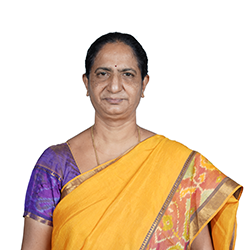
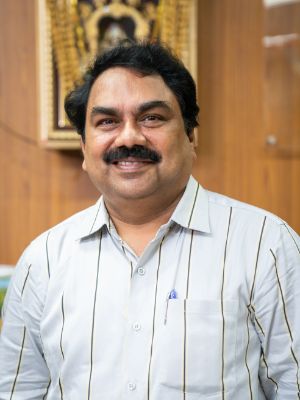

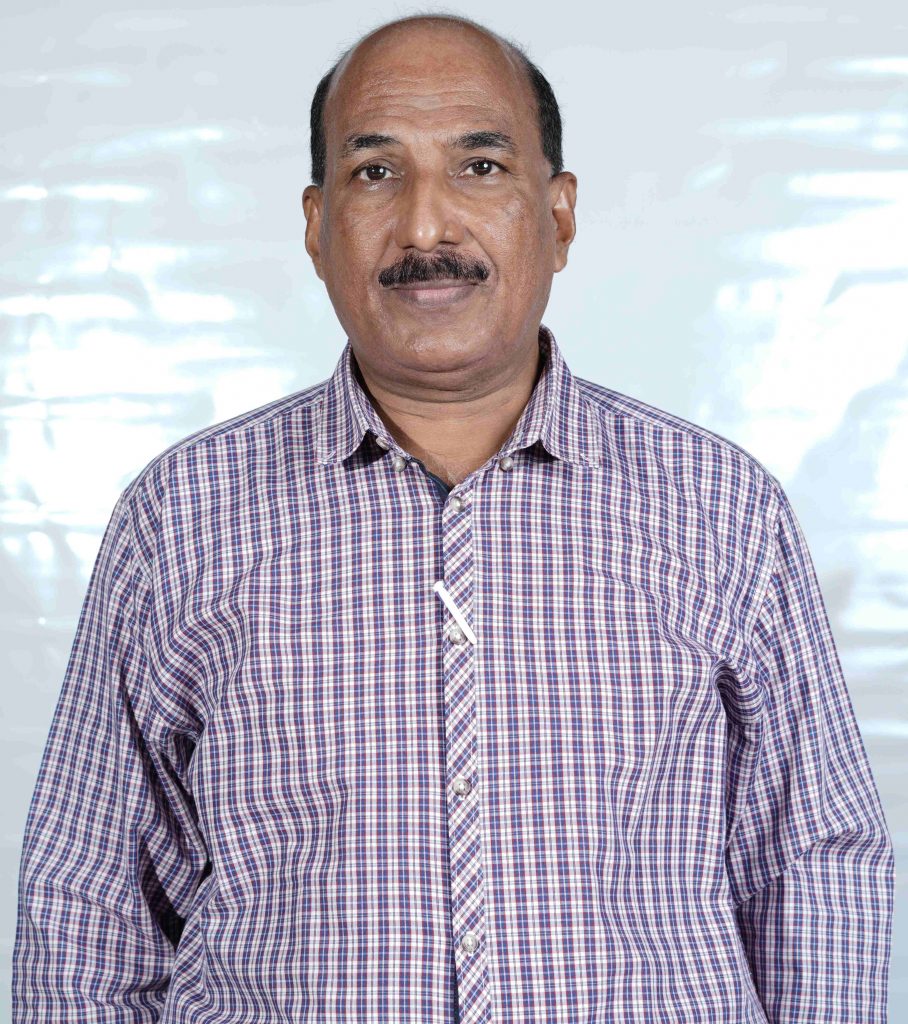
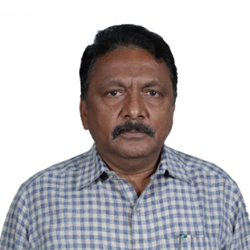
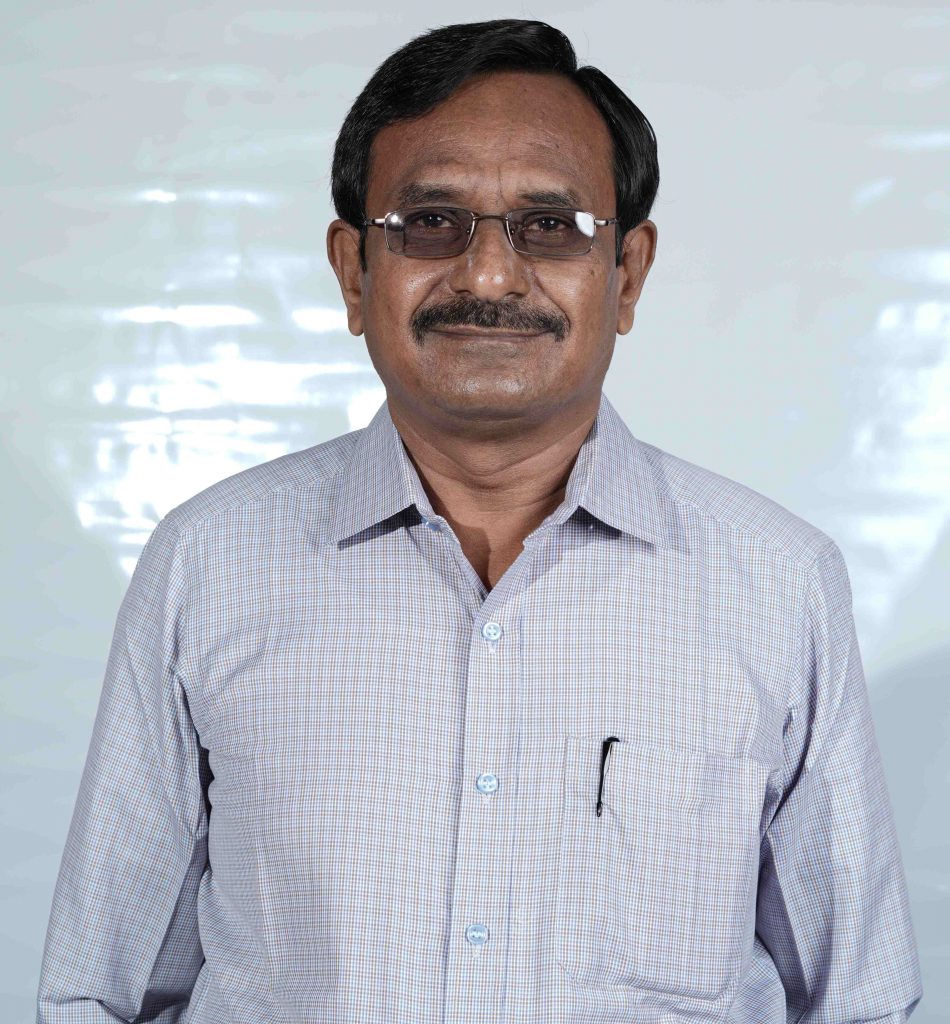
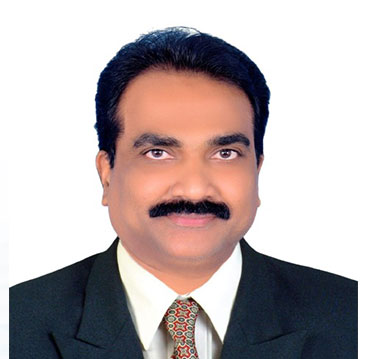
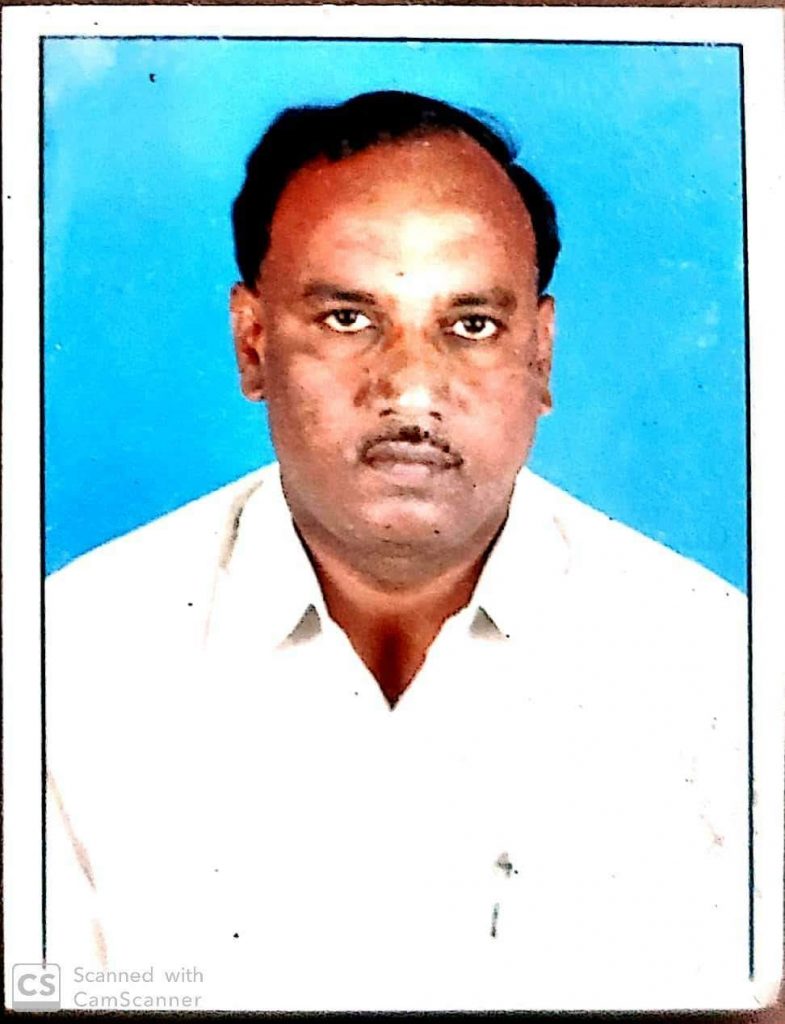
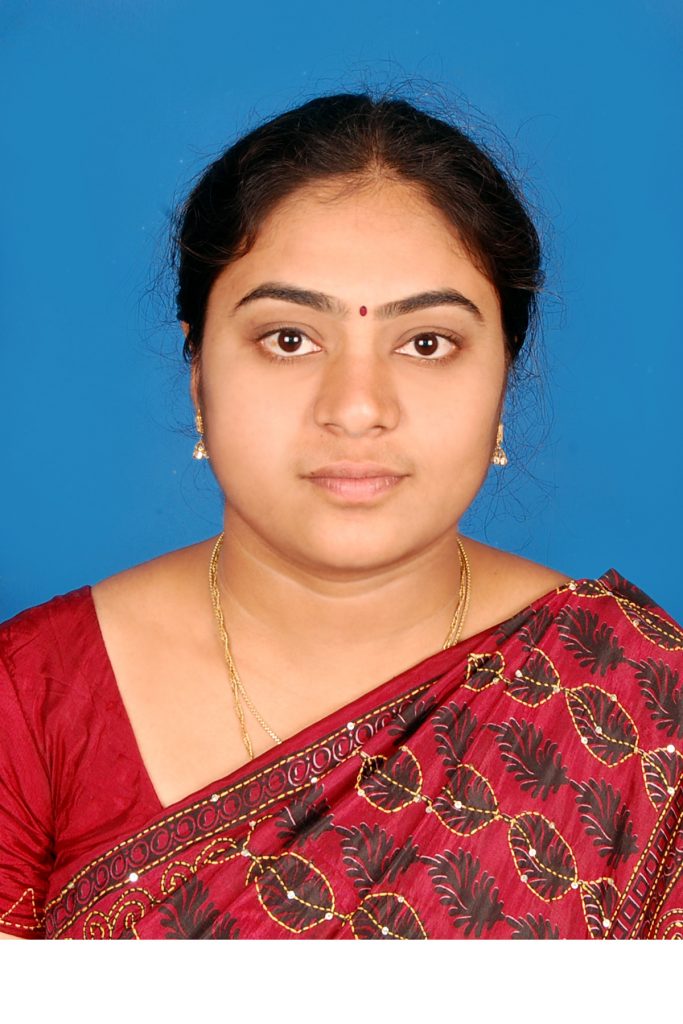

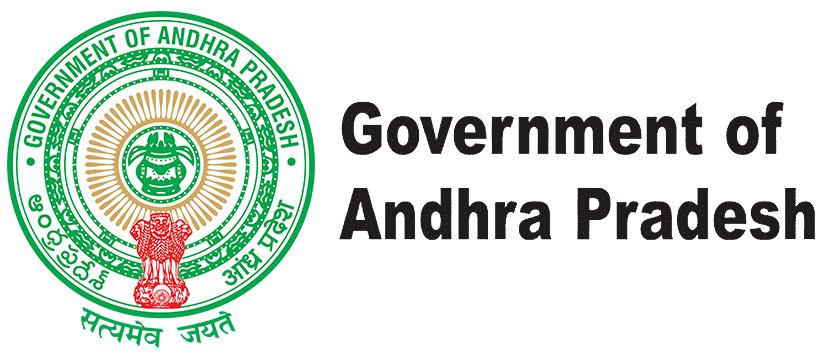

 FLYING STARS
FLYING STARS